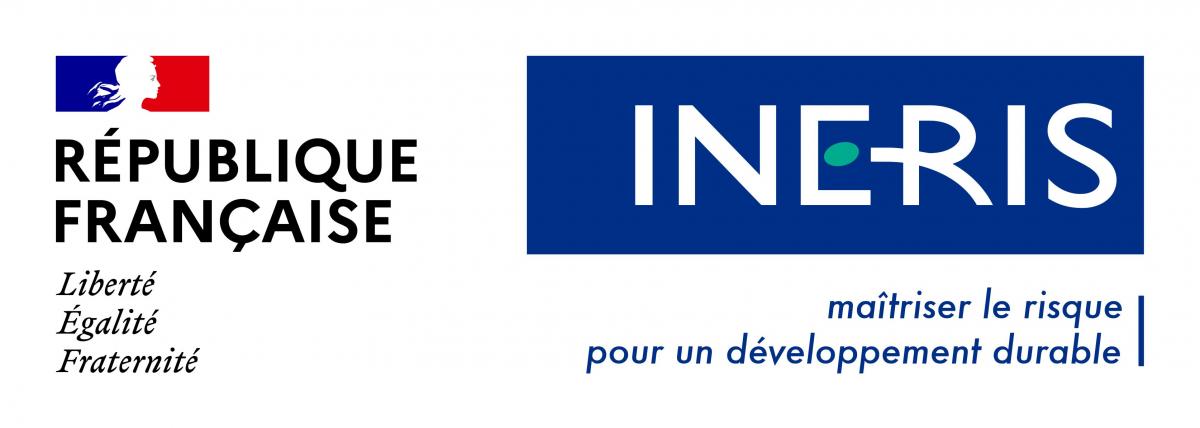Overview of ECORBIO project (10/2012 - 09/2015) evaluation of corrosion issues in biorefineries of the future
Résumé
Biorefinery is an industrial complex allowing for the valorisation of biomass components from all origins into sustainable molecules, fuels and energy vectors. Biorefinery is therefore a key and versatile industrial concept underpinning advanced and future bioeconomy. Thus the choice of material used to manufacture equipments in these biorefineries is strategic. Indeed, it must be processed taking into account the competitiveness and sustainable development but the decision maker is also confronted with several uncertainty factors (markets? which inputs? Actual versus nominal rate? Legislation? ... ). Due account of regular or local corrosion issues will keep an essential aspect for successful environmental safety, economic sustainability and aging management of metallic material and related key equipment. As a matter of facts, all sectors combined, the toll paid in terms of economic losses caused by corrosion regularly rises up to several percentage points of GDP in industrial countries. The objectives of project ECORBIO are: a) to draw up an initial assessment of the nature and sectorial importance of metallic corrosion; b) to identify and understand the influencing factors of corrosion and c) to provide a first practical contribution to the analysis of the corrosion in biorefineries. First, an analysis of the state of the art (including spinoffs European projects as Aquafit4use) on corrosion in industrial installation will be done and related information were consolidated into a first database. This database multi-tabbed implemented under EXCEL (version 1) has inventoried and described 17 corrosion phenomena, and has listed corrosion potential of tens of chemicals against various metals. Then, we used various experimental and analytical approaches relying on industrial, scientific and technical partnerships bringing actual value. In particular, the effects of industrial products such as organics acids and by-products (molasses, vinasses, condensates, digestates) on steel and stainless steel samples were carried out in the order to study the materials behaviour in corrosive environments reflecting biorefineries and biogas installations. We have also started to explore the relevance of regulatory test C 1 for biorefineries sector in the order to classify the corrosive power of industrial products on steel and stainless steel samples. Subsequently, the ionic liquids corrosive effect on steel and stainless steel samples will be assessed by method IO-LI-TEC 2011 and other pertinent
